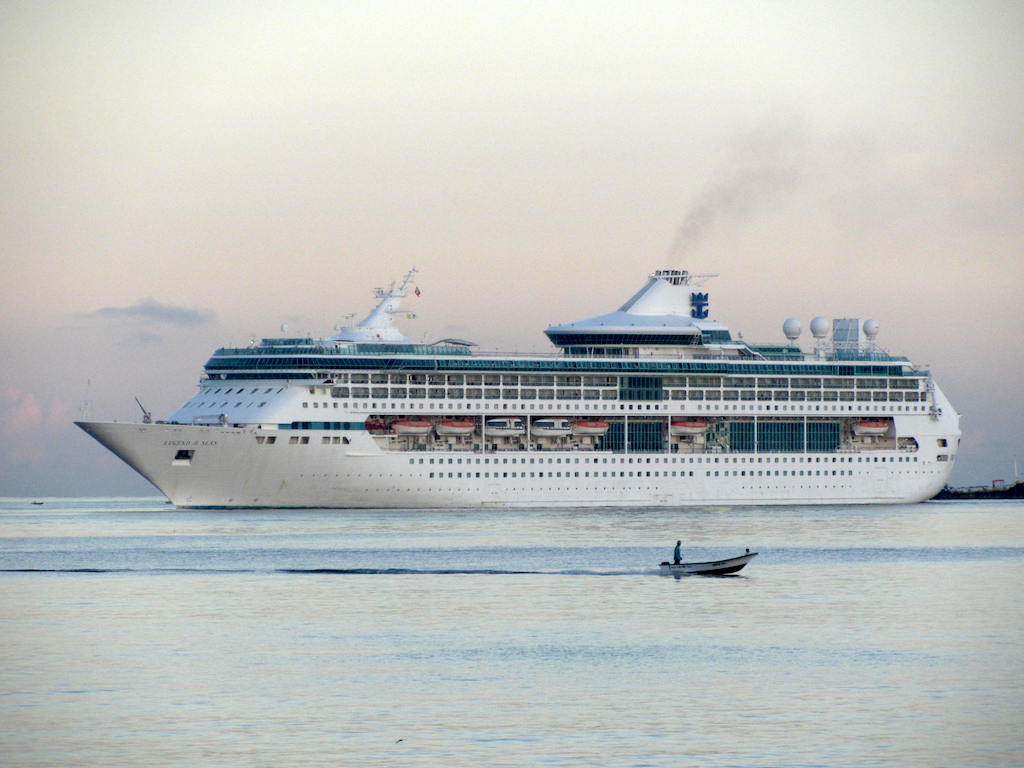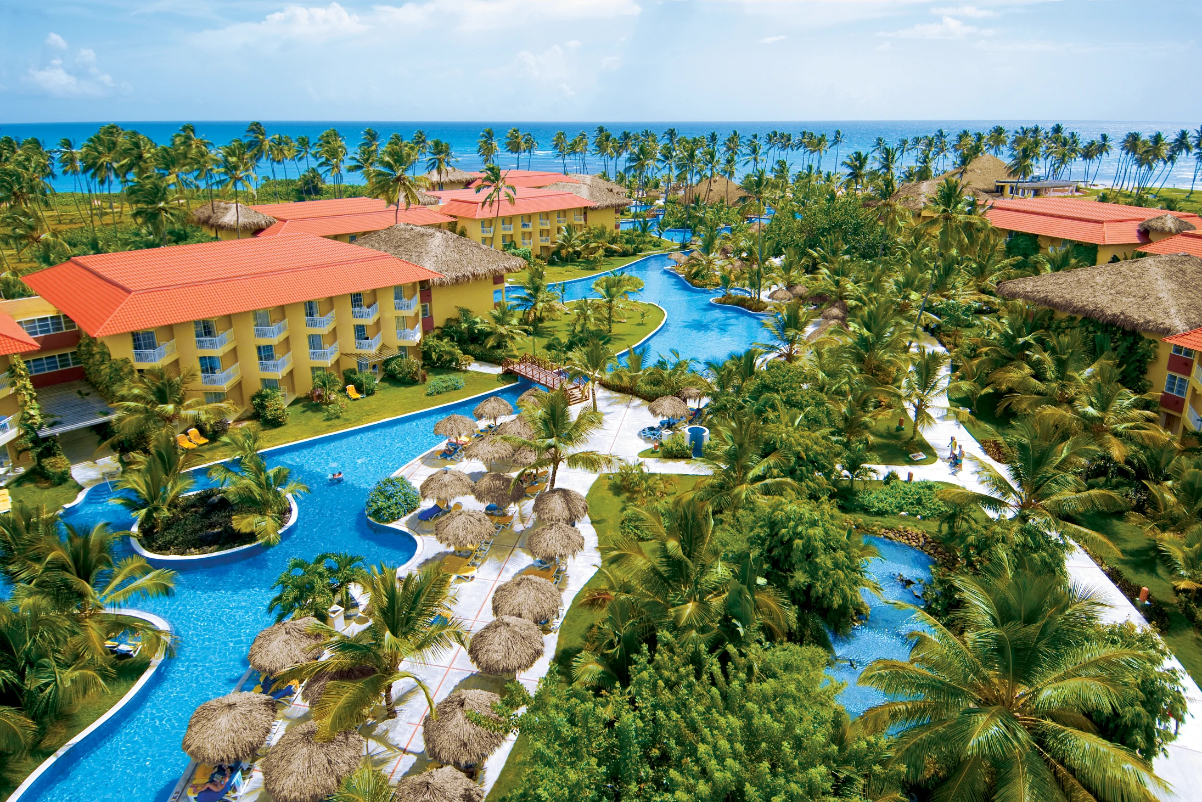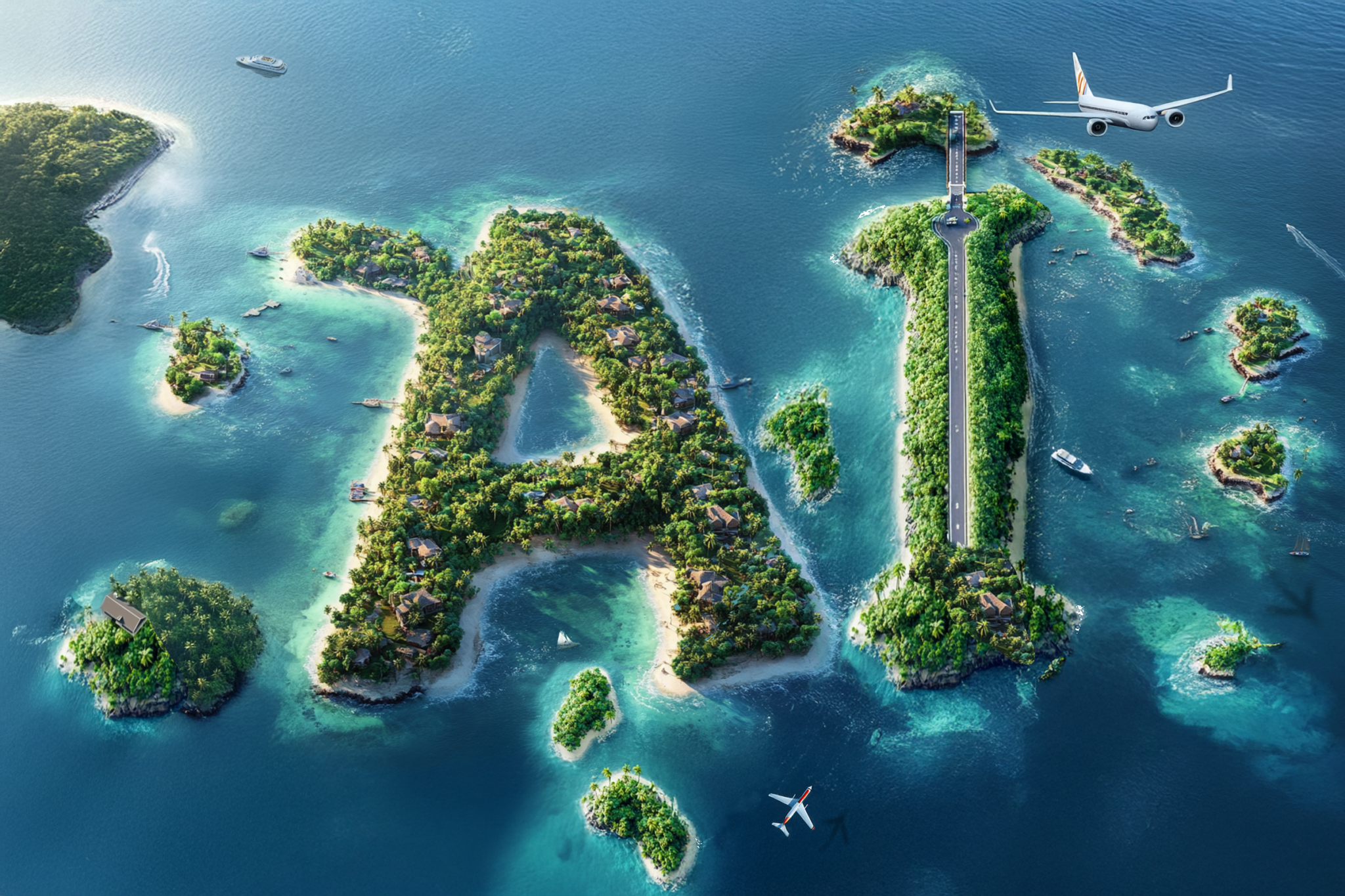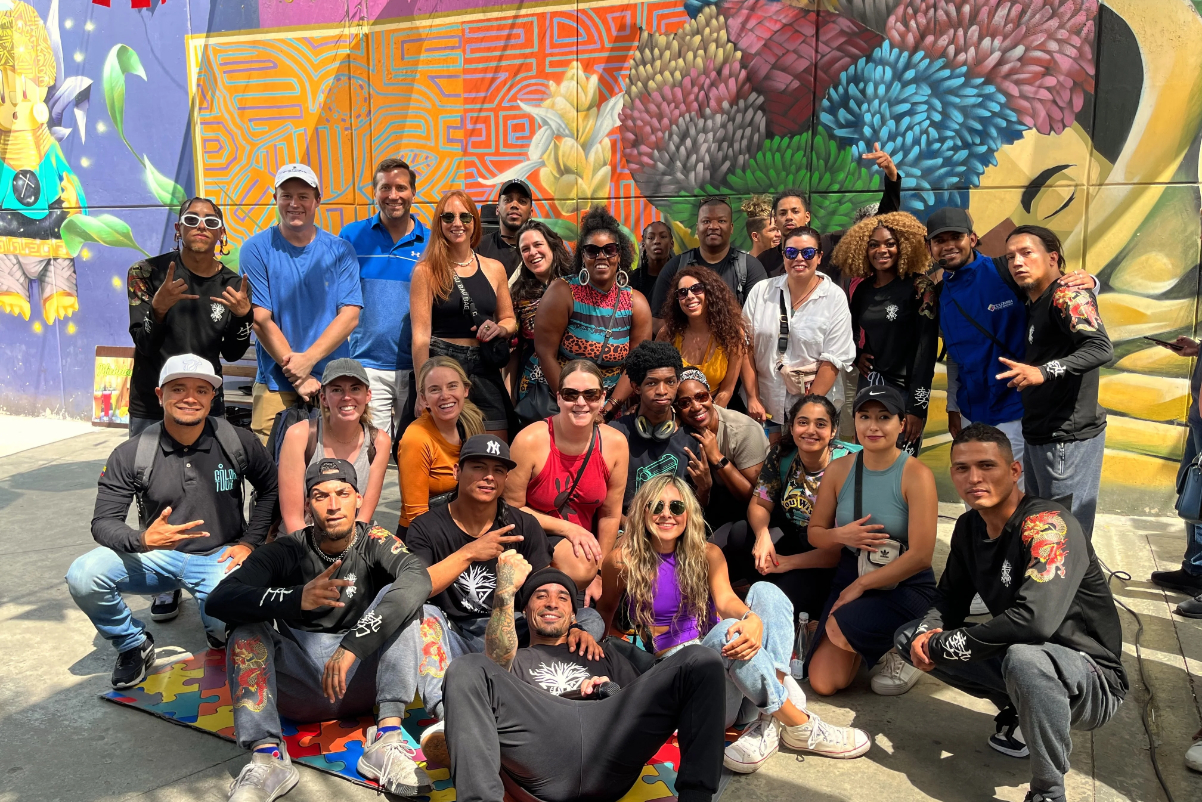Sustainability Is Still a Work in Progress for Cruise Lines

Skift Take
Cruise lines tend to gloss over the pollution their ships pump into both the air and sea.
By signing a new partnership with the World Wildlife Fund (WWF), Royal Caribbean Cruises wants consumers to recognize the impact of its sustainability efforts on the oceans it sails and destinations its ships visit.
“This all started with research from travel agents and past cruisers about what would they expect from us as the kind of company with business taking place,” said Adam Goldstein, COO of Royal Caribbean Cruises. “The feedback was strong that they would expect a company like us to be front and center in the sustainability of the environment and oceans.”
The five year partnership will include focus on reduced emissions and supply chain sustainability, particularly with respect to seafood served onboard.
By 2020, Royal Caribbean is targeting a 35 percent fleet-wide reduction in carbon emissions and aims to source 90 percent of its fresh-caught seafood from sustainable sources.
New standards on destination stewardship will also arrive in June 2016. According to Goldstein, one of the challenges faced in increasing the company’s sustainability is simply raising awareness of its importance.
“We would love for every person today to understand what we believe is true,” said Goldstein. “Only 24 million people will take a cruise this year, so hardly anybody knows what our industry is about. We really have to apply ourselves in an assiduous way for years to come to get the message out and we think the WWF relationship will be important for that.”
But a look at Royal Caribbean’s latest annual sustainability report doesn’t show a huge reduction in greenhouse gas emissions; less than one percent reduction took place from 2012 to 2014.
Energy consumption is slightly up over the same period, while the waste sent to landfill was reduced by more than half.
Cruise giant Carnival Corporation, in comparison, saw a similar slight reduction in greenhouse gas emissions, reduction in energy consumption and saw its waste sent to shore increased from 2012 to 2014.
Norwegian Cruise Line Holdings, the other major North American cruise line, hasn’t released a sustainability report in years, although a spokesperson says the company plans on releasing a report soon
When asked about critics who claim that the cruise industry is harmful for the environment, regardless of the steps taken to reduce pollution, Royal Caribbean’s Goldstein was circumspect.
“Please take the time to better learn how we go about our business, how much care we take in provisioning the ships, recycling, never taking anything to a landfill, and our substantial progress with emissions,” said Goldstein. “What we find is that most people are forming opinions with very little basis and experience with our people and what we do. When we have an opportunity to give them a tour and let them meet the people who are responsible, they have a very different attitude.”
Skift’s in-depth reporting on climate issues is made possible through the financial support of Intrepid Travel. This backing allows Skift to bring you high-quality journalism on one of the most important topics facing our planet today. Intrepid is not involved in any decisions made by Skift’s editorial team.




